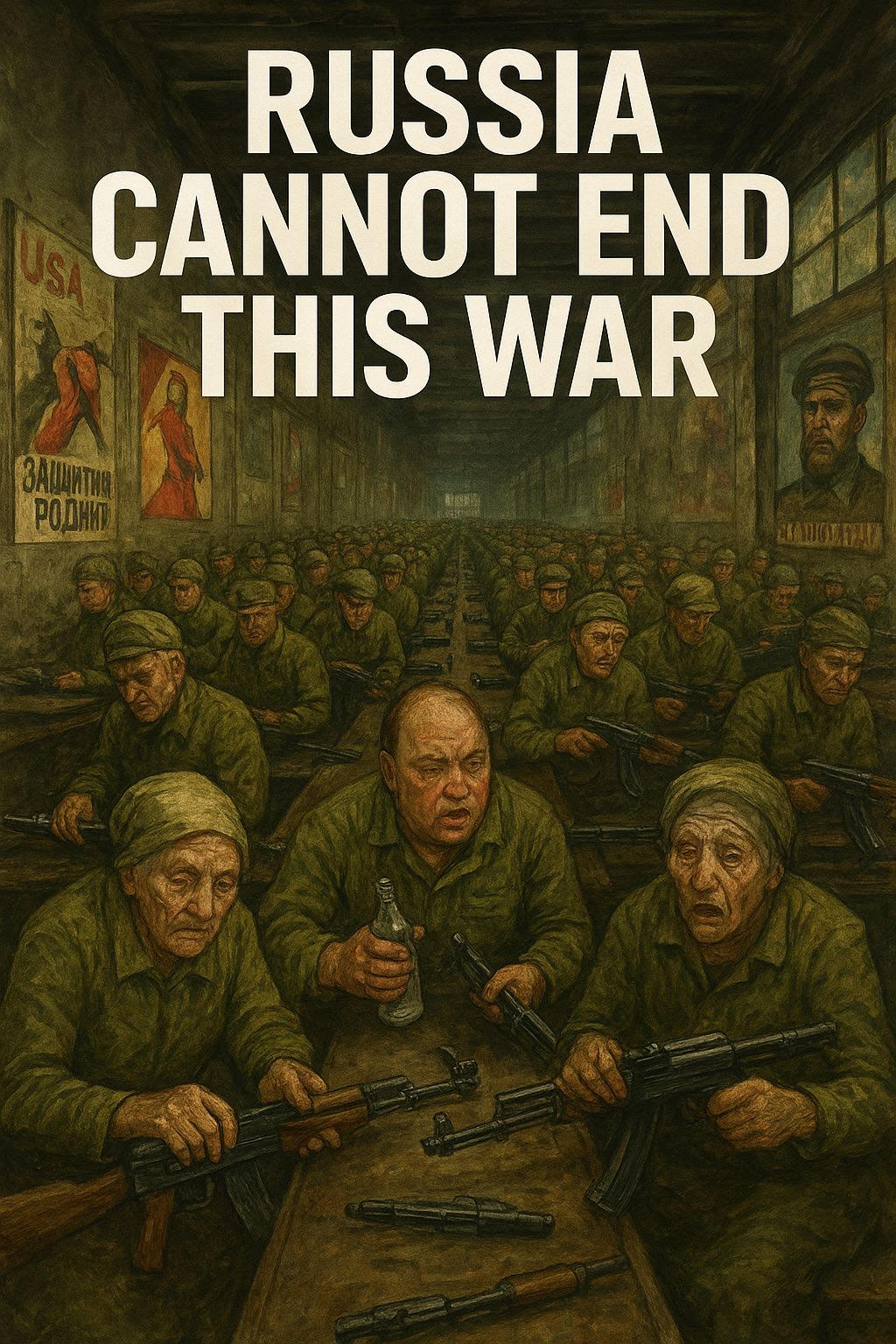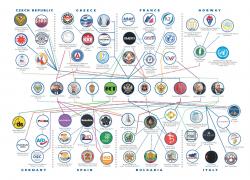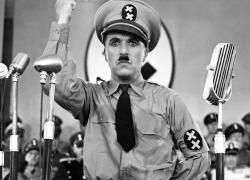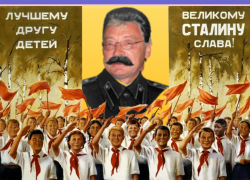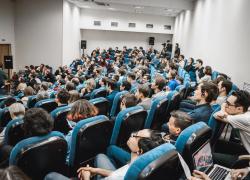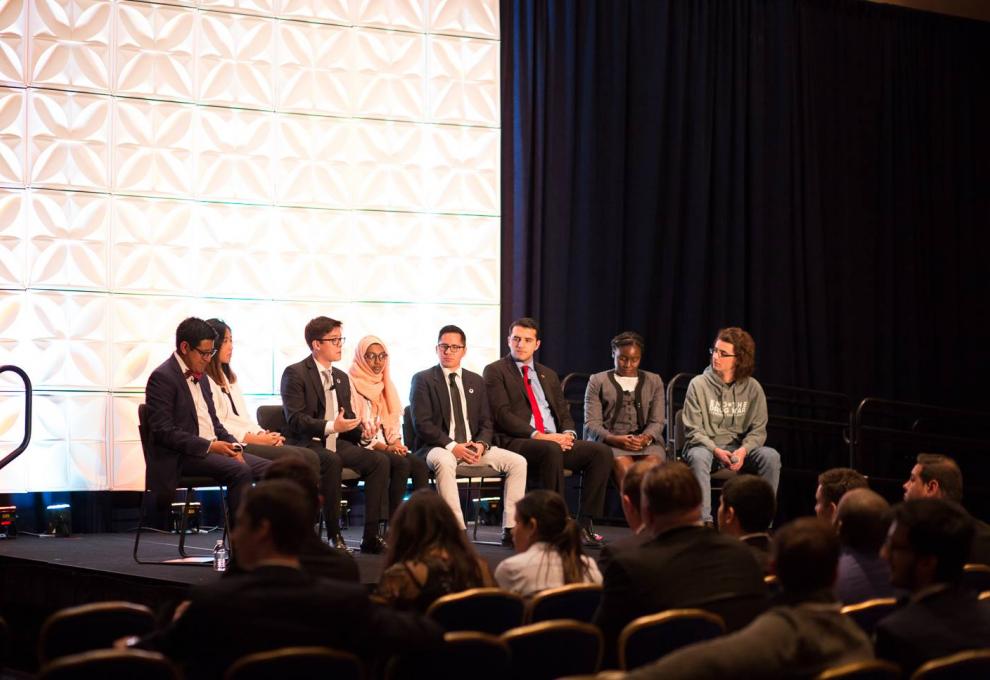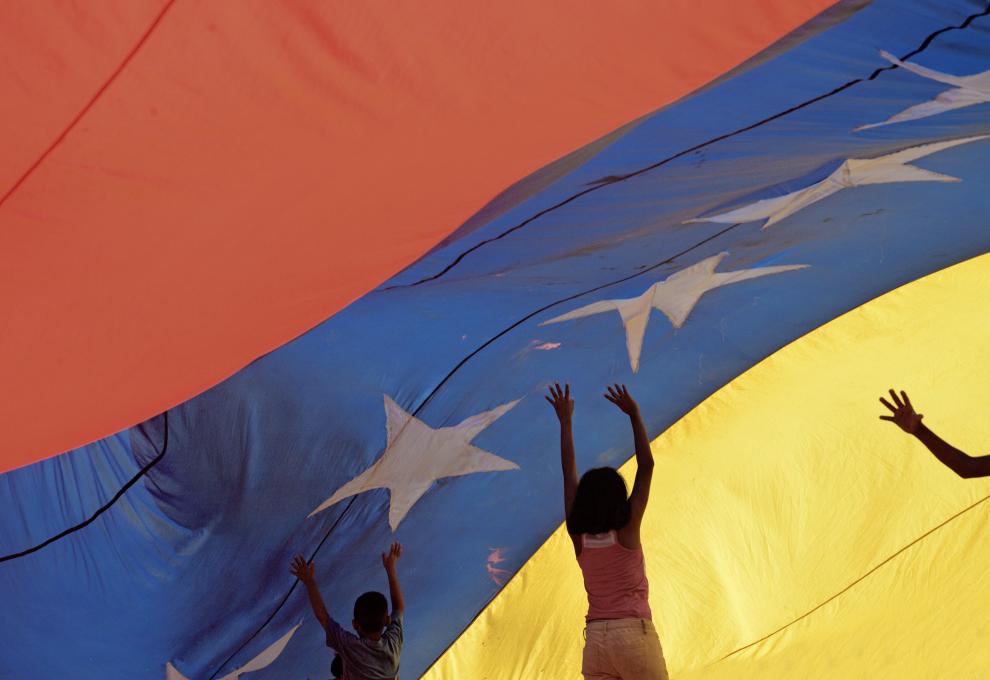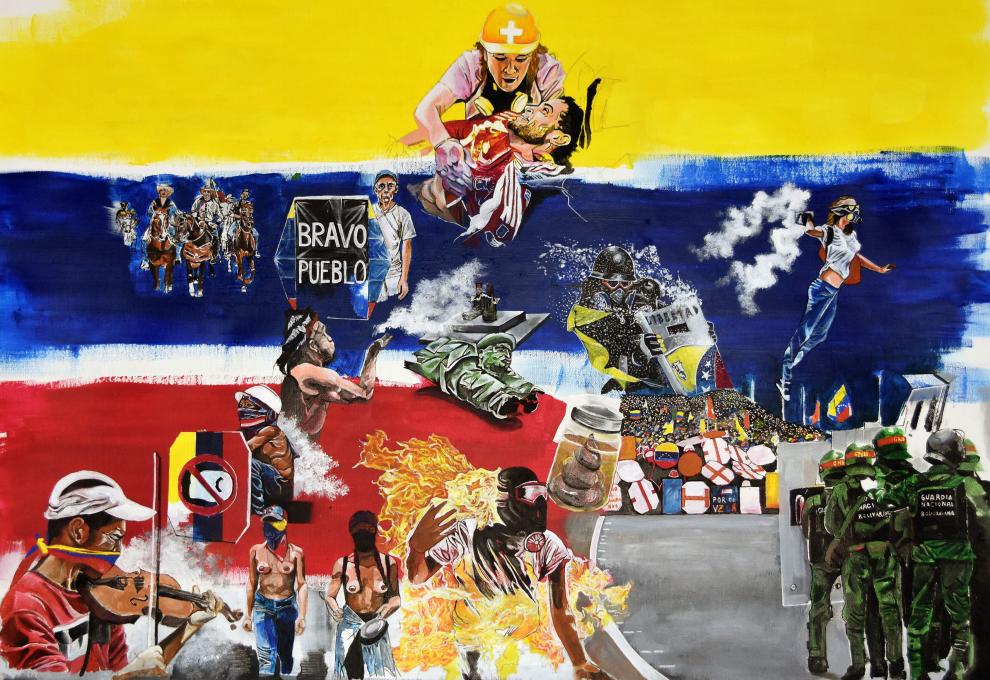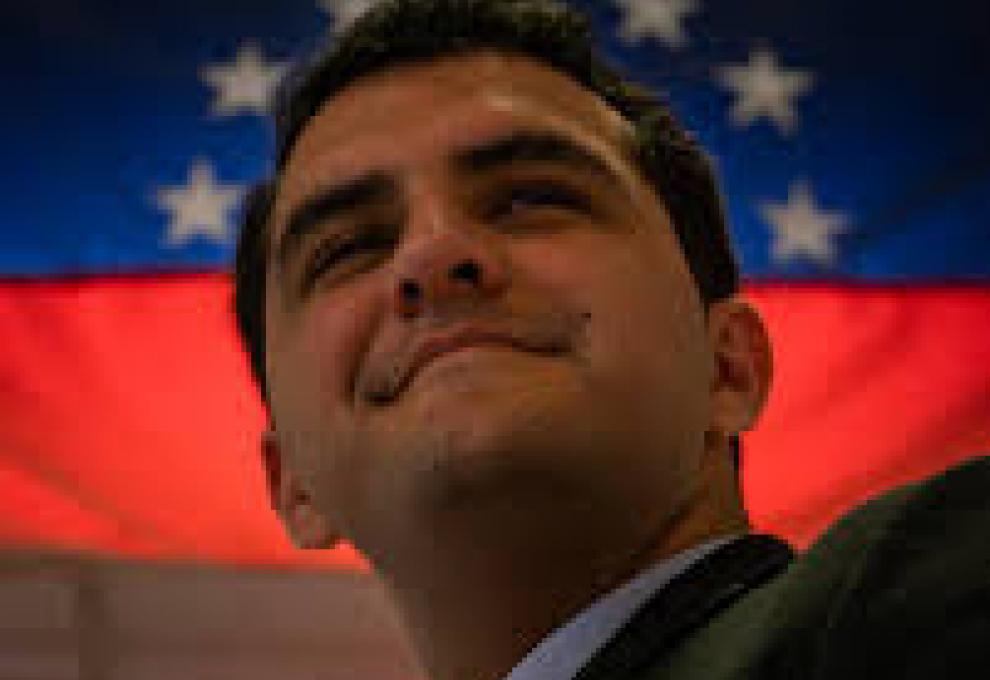Russia Cannot End This War
The war in Ukraine continues – today, September 4, 2025, in open form for over three and a half years, and for eleven years in total, if you count the beginning in Donbass and the annexation of Crimea in 2014. Anyone who still hopes for an imminent end misjudges the Kremlin's logic. Russia cannot end this war. And it doesn't want to.
The reasons are complex – historical, social, economic, and ideological. They form a fatal link that forces war not only as an option, but as a permanent condition.
Soldiers Without a Way Back
Hundreds of thousands of Russian soldiers are at the front. A withdrawal, a return to civilian life? Unthinkable for the Kremlin. History is warning enough: After the First World War, brutalized fighters returned to a torn Russia – civil war was the result. After Afghanistan in 1989, the Afghans became social dynamite. Putin is aware of this risk. Veterans without a mission could turn against him.
Society in Permanent Mobilization
Russia has long been living in a state of total militarization. Schools indoctrinate children with the rhetoric of a "holy war against the West," priests bless tanks, and state media daily spread images of the enemy. Peace simply does not figure in this narrative. A society so programmed for war cannot return to normality overnight.
War Economy Without Exit
The economics are also important: Russia has switched to a war economy. Weapons production secures income and control. Entire regions depend on it. An exit would be economically and politically almost impossible to bear. The Soviet Union was already shackled by its arms industry for decades – the attempt to turn away contributed to its collapse.
Human Life – Negotiable Value
In Russian history, human life has always been secondary. In the 1930s, Stalin accepted millions of Ukrainian deaths from starvation, including the Holodomor, and in World War II, 27 million victims were glorified as the "price of victory." Even today, starving or dying Russians are no reason for the Kremlin to rethink its position.
The Ideological Mission
Putin and his power elite see themselves not as a mere government, but as a historic mission. Russia, according to their logic, must correct the world order, fight the West, and assert its status as a great power. This is not a rational goal, but a delusional self-image.
The Strategy of Perseverance
Added to this is the strategic calculation: Moscow firmly believes that the West will eventually tire. Democracies, they believe, are weak and cannot withstand the strain in the long run. Therefore, perseverance is already a victory for the Kremlin.
Russia needs this war. It is the glue for society, a pillar for the economy, a source of power for Putin—and an expression of an ideological madness that rules out compromise. Therefore, the war will not end, at least not through voluntary action by Moscow.
And so a pressing question remains:
Why is Russia investing hundreds of millions of euros to target the West almost daily with hybrid warfare – cyberattacks, propaganda, destabilization?

